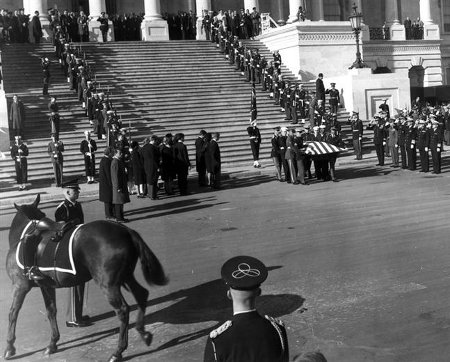In 2010 Lithuanian engineer Julijonas Urbonas designed the Euthanasia Coaster, a 7,500-meter roller coaster designed to kill its riders. After a 2-minute climb to the top of the drop tower, the 24 riders plunge 500 meters into a series of seven loops designed to subject them to 10 g for 60 seconds. This forces the blood away from their brains, causing first euphoria, then loss of consciousness and finally death by cerebral hypoxia.
Here’s what that looks like if you don’t black out:
When the train returns to the station, the corpses are unloaded and a new group of passengers can board. Urbonas says, “Thanks to the marriage of the advanced cross-disciplinary research in space medicine, mechanical engineering, material technologies, and, of course, gravity, the fatal journey is made pleasing, elegant, and meaningful.”









